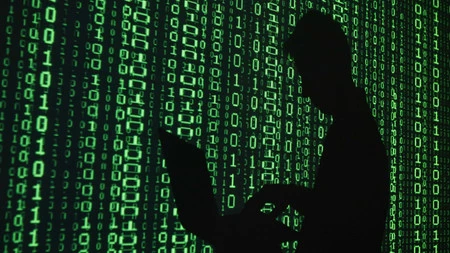The Dark Web – Protecting Freedom in the Digital Age
The Dark Web often evokes images of shadowy dealings and illicit activity, but beneath its controversial surface lies a paradoxical role – it can also be a vital tool for protecting freedom in the digital age. The Dark Web operates on a series of encrypted networks, allowing users to maintain anonymity while navigating its hidden services. Though often associated with criminal enterprises, its technology plays a crucial role in preserving civil liberties, particularly in authoritarian regimes where government surveillance is pervasive. One of the core strengths of the Dark Web is its ability to provide a space where privacy is not a luxury but a fundamental feature. In countries with oppressive governments, journalists, activists, and dissidents rely on the Dark Web to communicate securely without fear of retribution. Platforms such as Tor, one of the most widely known browsers for accessing the Dark Web, enable individuals to bypass censorship, access blocked information, and speak out against injustices.

For these individuals, the Dark Web offers a rare sanctuary, enabling them to exercise their right to free speech without the heavy hand of government oversight. Moreover, whistleblowers like Edward Snowden have used similar anonym zing technologies to expose governmental overreach. The Dark Web can provide the same level of protection, allowing sources to leak critical information while maintaining their anonymity. This process is essential in holding powerful entities accountable; ensuring that sensitive information about public interest, government misconduct, or corporate corruption sees the light of day. It is a paradoxical world where tools designed to shield illegal activity also protect those working to promote transparency and justice. However, the ethics of the Dark Web are a matter of ongoing debate. While its privacy mechanisms allow for the protection of free speech and opposition to tyranny, they also harbor illegal markets, trafficking, and harmful behavior.
This duality creates a complex issue for law enforcement and policymakers, who face the challenge of cracking down on criminal elements without dismantling the very privacy protections that safeguard freedom. In the digital age, where surveillance capitalism and state monitoring are prevalent, the uncensored hidden wiki Dark Web represents an essential, if controversial, safeguard against the erosion of privacy. While the mainstream internet has become increasingly dominated by corporations and government monitoring, the Dark Web remains one of the last bastions of genuine online freedom. Its role in the fight for free speech and privacy, especially in regions where these are under threat, cannot be underestimated. However, as with any powerful tool, its benefits come with significant risks, leaving society to grapple with the moral questions it poses.
